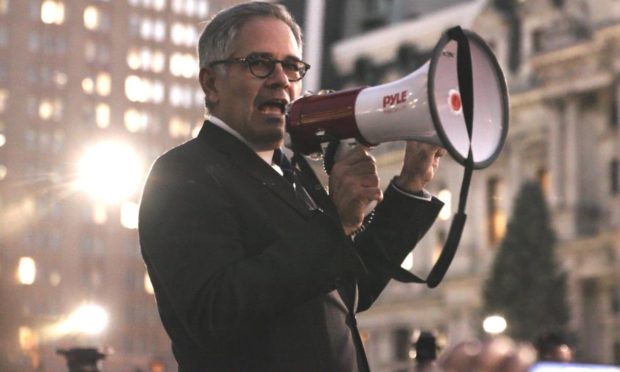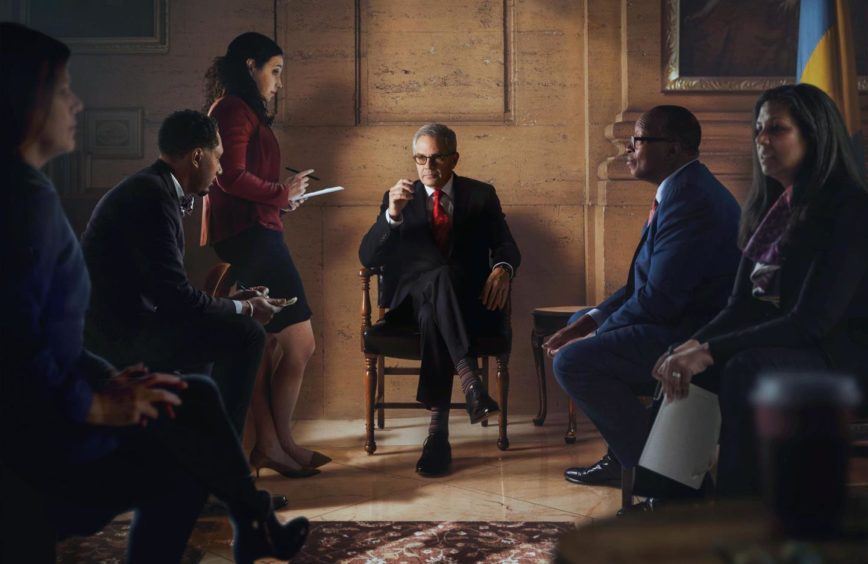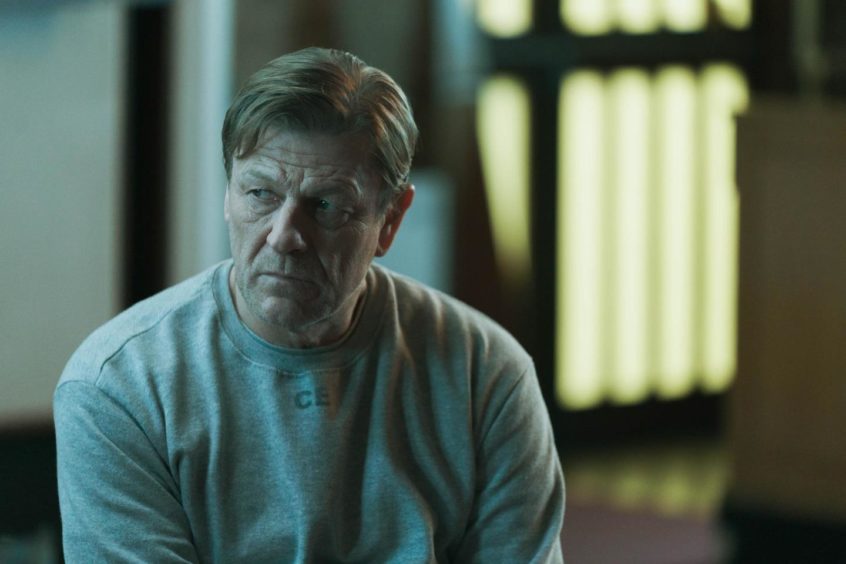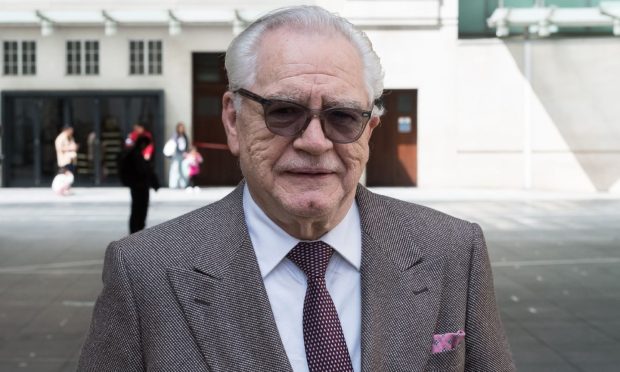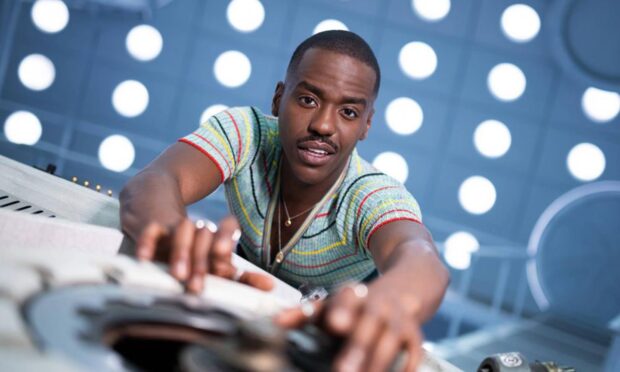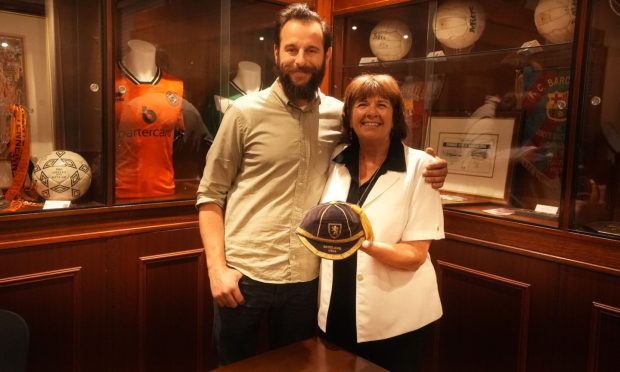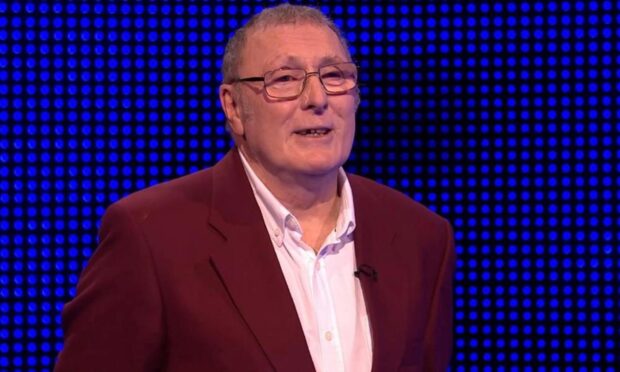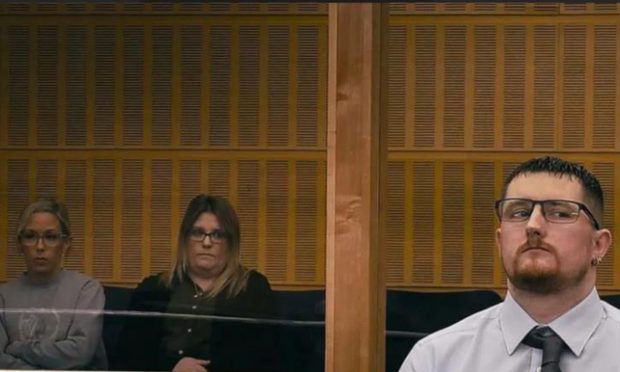A double helping of law and order this week, first of all with the debut of the extraordinary fly-on-the-wall documentary series Philly D.A. on BBC Four.
Originally screened on PBS in the US, the first two episodes of the eight-parter were shown this week, and fully lived up to one reviewer’s suggested billing that it’s The Wire in documentary form.
In November 2017, veteran civil rights lawyer Larry Krasner was voted in as the 26th District Attorney of the city of Philadelphia, the most incarcerated major city in the most incarcerated country in the world – like promoting the lamb to a managerial role over the wolves.
With unprecedented access, the first episode details Larry’s election and the early days of his term, where he campaigns against cash bail (“imprisonment for poverty”), and the second shows moves against police corruption and bad practice, in the face of the powerful Fraternal Order of Police.
Against a backdrop of American racial division, the series is refreshingly free from simple solutions.
We hear from some of the outgoing D.A. office staff summarily sacked on Larry’s arrival, from his political opponents, and from police representatives concerned that genuine mistakes in the line of duty might see officers tarred for their career as a bad apple. Yet the system appears to have turned out plenty of rotten fruit over the years.
We’re gonna stop spending money on stupid and start spending money on smart.
“A lot of the entrenched power in the city around these issues believes in things based on ideas they formed 25 years ago, right?” says Krasner, in a frank early meeting on quashing marijuana convictions.
“They are going to attack us for doing different things… and then we make decisions, which we have to own for better or worse.”
Or, as he puts it to one potential voter while out on the trail: “We’re gonna stop spending money on stupid and start spending money on smart.”
Larry seems to come from a place of genuine empathy, vision and compassion, and his staff are regular people trying to do a good job. Real-life change is about folk like them, not infallible, slogan-spouting superheroes, and so we root for them all the more.
Also, we know it’s only been two weeks since the first episode of Jimmy McGovern’s new prison drama Time (BBC One) was fulsomely praised on this page, but it’s worth revisiting after last Sunday’s third and final episode just to make clear that this series unquestionably has to end up at or near the top of any ‘Best Telly of 2021’ lists.
There’s only so much a writer must be able to do with a story set in a contemporary prison, and we’ve seen a version of all of these tropes before; violence, poignant detachment from family, the pressure exerted by Brian McCardie’s sinister crime kingpin on warder Eric McNally (Stephen Graham) and mild-mannered inmate Mark Cobden (Sean Bean).
The drama was gripping and the performances were first-rate, but the thematic pay-off really elevated Time. Yes, 21st Century prisons are flawed and possibly broken, but the act of imprisonment as punishment, suggested McGovern, is fundamentally sound.
Mark’s self-pity transmuted over time into pity for his victim’s family, and genuine guilt and sorrow was reached.
No other series could possible say as much about 21st Century crime, punishment and the grey area in between as Time – until, just a few days later, Philly DA arrived.
